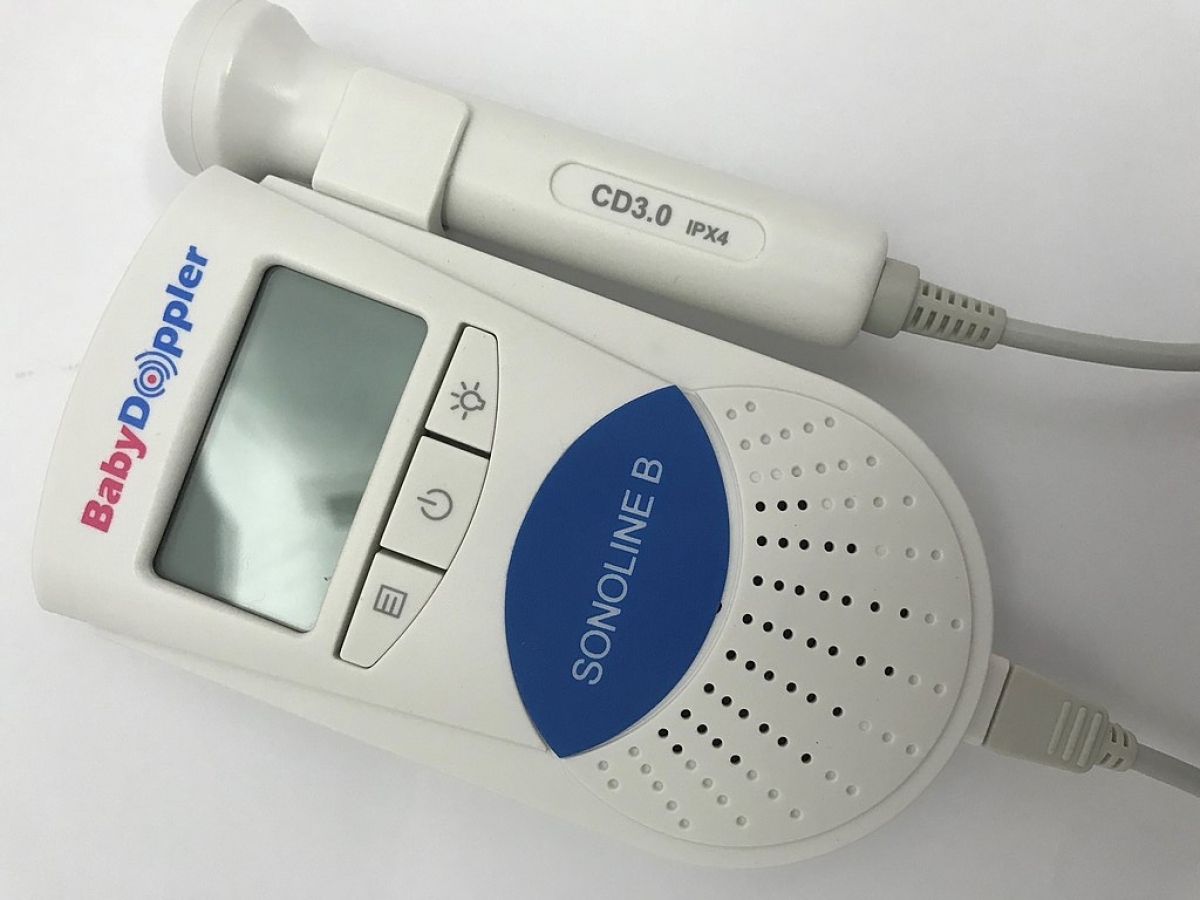

Narrowing of other arteries in the body, such as to the legs, the brain, the eyes and elsewhere.Kidneys that are not working well, which may occur suddenly.Stable high blood pressure that suddenly gets worse or is difficult to control.High blood pressure that is not controlled on three or more medications at their maximum doses, including a diuretic.What symptoms or signs are seen with renal hypertension?Īlthough renal hypertension is hard to diagnose and usually has no symptoms, be aware of these signs: FMD is more common in women and should be considered in younger people who develop high blood pressure. While the cause of FMD is not clear, it is different in that it is not caused by plaque build-up, but rather narrowing of your blood vessel walls themselves. Plaque can block, either partially or totally, your blood's flow through an artery in the heart, brain, pelvis, legs, arms or kidneys.Īnother cause of renal artery stenosis is fibromuscular dysplasia (FMD). Plaque, made up of fat, cholesterol, calcium and other substances, builds up inside your arteries and causes them to harden and narrow (stenosis). If your kidneys do not get enough blood or oxygen, it may be because these renal arteries are narrowed, a condition called renal artery stenosis.Ītherosclerosis, or hardening of the arteries, is the most common cause of renal artery stenosis. These renal (kidney) arteries carry blood rich in oxygen and nutrients from your heart to your kidneys. Renal hypertension is caused by a part or total bock of the arteries that supply blood to your kidneys. You’re more likely to have renal hypertension if you’re Caucasian instead of African American. Men and women age 67 and older are more likely to have renal hypertension, but you can get it at any age. Who is more likely to have renal hypertension? Less than two percent of cases are renal hypertension. Over 72 million Americans have hypertension. High blood pressure is one of the leading causes of kidney failure. When your kidneys don’t work well they can cause further increases in blood pressure by releasing certain hormones or by causing retention of salt and water in your body.

Both of these changes can lead to your kidneys not working properly (chronic kidney disease) and they stop doing their job - removing wastes and extra fluid from your body. Over time, these blood vessels can thicken, similar to other parts of the body, and the filtering units can form scars. High blood pressure puts increased stress on your blood vessels in the kidneys, including the filtering units that are responsible for cleaning your blood. How does high blood pressure hurt the kidneys?

Blood pressure should be checked regularly. A reading of 140/90 mmHg or above is considered high blood pressure. A reading of 120/80 mmHg, or “120 over 80,” is normal. What is high blood pressure?īlood pressure is the force of blood against your artery walls as your heart pumps blood through your body. This condition is a treatable form of high blood pressure when properly diagnosed. Because your kidneys are not getting enough blood, they react by making a hormone that makes your blood pressure rise. It is also sometimes called renal artery stenosis. Renal hypertension (or renovascular hypertension) is high blood pressure caused by the narrowing of your arteries that carry blood to your kidneys.


 0 kommentar(er)
0 kommentar(er)
